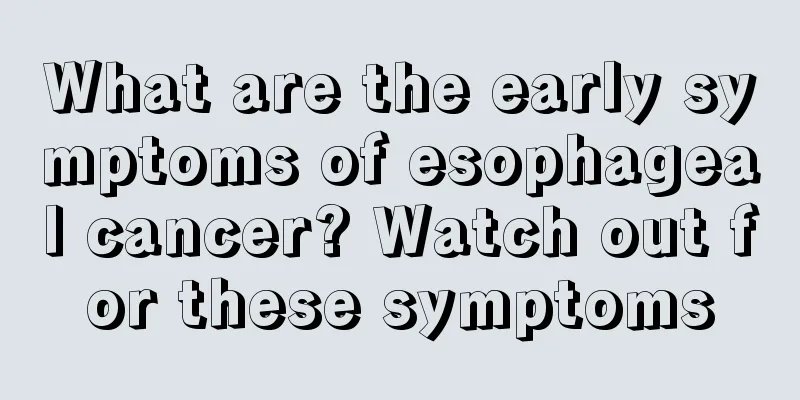How many days do I need to stay in the hospital after an appendectomy?

|
Appendicitis is a common disease in our human body. It is a surgical disease and has many causes, mainly due to viral infection. And appendicitis has a great impact on our body. The main symptoms are pain, dizziness, nausea, intestinal discomfort, etc. In this situation, we have to take measures to remove the appendix. So how many days will we have to stay in the hospital after the appendectomy? Minimally invasive surgery for appendicitis is laparoscopic surgery. This treatment has the advantages of being minimally invasive, less painful, and quick recovery. Instructions: Generally, the surgery can be performed on the same day or the next day. General anesthesia is required. Generally, patients need to stay in bed for 6-8 hours after surgery, and then they can turn over appropriately. They can walk around after 12 hours. Generally, patients can be discharged from the hospital after 3-5 days of hospitalization. They can go back to work after proper rest, which usually does not exceed 10 days. Appendectomy Care Preoperative care 1. Follow the general routine care before surgical operation. 2. Observe abdominal symptoms and signs to prevent appendicitis perforation and peritonitis. 3. Do not eat or drink water, take laxatives or give enemas for 6 hours before surgery. Postoperative Care 1. Follow general nursing care after surgical operation. 2. Provide routine post-anesthesia care. 3. Observe the incision for bleeding or exudation. If the dressing appears damp, change it promptly. 4. Diet: Do not eat on the day of surgery. Eat liquid food on the second day and avoid foods that cause bloating. 5. Encourage early bed rest to prevent intestinal adhesion. 6. Encourage elderly patients to cough to prevent aspiration pneumonia. Health Guidance 1. After surgery for chronic appendicitis, patients should increase their activities to prevent intestinal adhesion. 2. Avoid heavy physical labor in the immediate postoperative period, especially exercises that increase abdominal pressure, to prevent the formation of incisional hernia. Quality Standards 1. Adequate preparation before surgery 2. Keep vital signs stable and understand the changes in the condition in detail. 3. Maintain water and electrolyte balance. 4. Effectively clear respiratory secretions, keep the respiratory tract unobstructed, and prevent lung inflammation. 5. No complications occurred. Acute appendicitis. (1) Non-surgical treatment can be treated with antibiotics. Once the inflammation subsides, the appendix will return to normal. When the diagnosis of acute appendicitis is clear and there are surgical indications, but the patient's overall condition or objective conditions do not allow it, non-surgical treatment can be adopted first to delay surgery. If acute appendicitis is combined with localized peritonitis and an inflammatory mass is formed, non-surgical treatment should also be used to allow the inflammatory mass to be absorbed before considering elective appendectomy. The patient should rest in bed, fast, and be given intravenous infusion of water, electrolytes, and calories. (2) Surgical treatment In principle, acute appendicitis should be treated with appendectomy, except for the mucosal edema type which can be cured by conservative treatment. 2. Surgical treatment of chronic appendicitis is the only effective method, but one should be particularly cautious when deciding to perform an appendectomy. After chronic appendicitis is diagnosed, the treatment should be surgery in principle, especially for patients with a history of acute attacks, who should undergo surgery in a timely manner. For patients with doubtful diagnosis or elderly patients with serious comorbidities, non-surgical treatment should be temporarily given and followed up in the outpatient clinic. |
<<: Which department should I go to for appendicitis examination
>>: How to prevent and control termites
Recommend
What food is suitable for stomach pain?
The stomach is the most vulnerable organ in our b...
Notes on black light therapy
Black light therapy, also known as UV light thera...
Will cervical ligament calcification heal itself?
Many people do not know what cervical ligament ca...
The difference between orchid beans and broad beans
Orchid beans are food obtained by processing broa...
Black blood clot in the big toe nail
In daily life, people's big toes do not attra...
The effect of grape collagen chewable tablets
The benefits of collagen are numerous, mainly bec...
Aerobic respiration and anaerobic respiration
I believe that when you studied biology and clima...
Will breast cancer metastasize to bones in the middle stage?
There is a risk of bone metastasis in mid-stage b...
How to eat elephant trunk
Elephants, as very large animals, occupy a domina...
Can tooth cleaning powder whiten teeth?
Showing eight teeth is the most standard smile. A...
Are human teeth poisonous?
In daily life, biting yourself with your teeth is...
Several important dietary considerations for ovarian cancer
There are several important dietary precautions f...
How should an opened bottle of red wine be stored?
In real life, if the red wine is not finished aft...
How to care for pain caused by primary liver cancer? Nursing measures for pain caused by primary liver cancer
Liver cancer pain is the most common and typical ...
What are the obvious symptoms of spinal tumor
Spinal tumor refers to a tumor occurring in the s...









